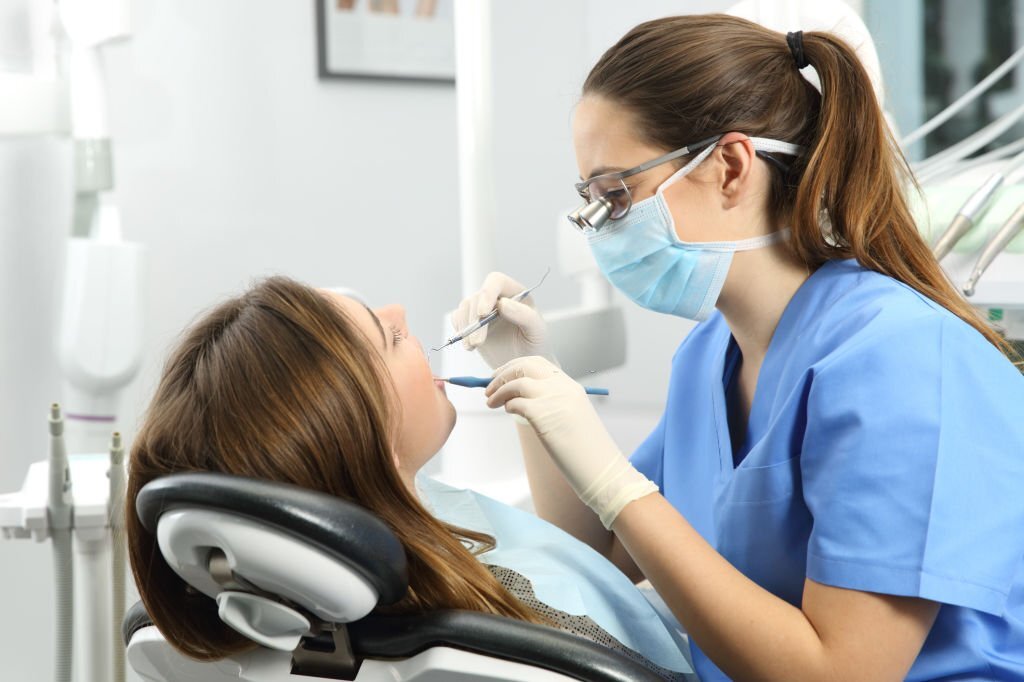Introduction
Type 1 diabetes is a chronic condition that affects millions of individuals worldwide. It occurs when the immune system mistakenly attacks and destroys the insulin-producing beta cells in the pancreas, leading to elevated blood sugar levels. Managing diabetes is essential for overall health, but individuals with Type 1 diabetes may not be fully aware of its impact on oral health. Proper oral care is vital for those with Type 1 diabetes to prevent oral health complications and maintain a healthy smile. In this comprehensive blog, we will explore the link between Type 1 diabetes and oral health, the potential oral health complications of this condition, and essential tips for managing oral health with Type 1 diabetes.
Part 1: Understanding the Impact of Type 1 Diabetes on Oral Health
Elevated Blood Sugar Levels and Oral Health
Uncontrolled blood sugar levels in individuals with Type 1 diabetes can create an ideal environment for harmful bacteria to thrive in the mouth. Elevated blood sugar levels weaken the body’s immune response, making it more susceptible to infections.
Gum Disease and Diabetes
Gum disease, also known as periodontal disease, is a common oral health issue associated with diabetes. The bacteria in dental plaque can cause gum inflammation and infection, leading to gum disease. Individuals with diabetes are at a higher risk of developing gum disease due to reduced immune response and impaired wound healing.
Part 2: Oral Health Complications of Type 1 Diabetes
Gum Disease (Periodontal Disease)
Gum disease is a serious condition that can lead to gum recession, tooth loss, and even impact overall health. It is essential for individuals with Type 1 diabetes to be aware of the signs of gum disease, such as red, swollen, or bleeding gums, and seek timely dental care.
Tooth Decay
Uncontrolled diabetes and fluctuations in blood sugar levels can lead to dry mouth (xerostomia). Saliva helps neutralize acids and wash away food particles, protecting against tooth decay. Inadequate saliva flow can increase the risk of cavities.
Thrush and Oral Infections
Type 1 diabetes can create an environment conducive to the growth of yeast in the mouth, leading to oral thrush and other oral infections. Thrush appears as white, creamy patches on the tongue, inner cheeks, and roof of the mouth.
Part 3: Essential Tips for Managing Oral Health with Type 1 Diabetes
Blood Sugar Control
Proper diabetes management is crucial for maintaining stable blood sugar levels. Consistently monitoring blood glucose levels, taking insulin as prescribed, and following a balanced diet can help reduce the risk of oral health complications.
Good Oral Hygiene
Practicing good oral hygiene is vital for individuals with Type 1 diabetes. Brushing at least twice a day with fluoride toothpaste, flossing daily, and using an antiseptic mouthwash can help prevent gum disease, tooth decay, and oral infections.
Regular Dental Check-ups
Regular dental check-ups are essential for individuals with Type 1 diabetes to monitor their oral health and detect any signs of gum disease, tooth decay, or other oral health issues early on.

Informing Your Dental Professional
Inform your dental professional about your Type 1 diabetes diagnosis and provide them with relevant medical history. This information will help them tailor your oral care and treatment plan to your specific needs.
Addressing Dry Mouth
If dry mouth occurs due to diabetes or medication, staying hydrated, using saliva substitutes, or considering medications to increase saliva flow can help alleviate dry mouth symptoms and protect against tooth decay.
Part 4: The Importance of Collaboration
Dental and Medical Care Collaboration
Collaboration between dental and medical professionals is crucial for managing both Type 1 diabetes and its impact on oral health effectively. Dental professionals can work with medical providers to ensure coordinated care and support the overall health of individuals with Type 1 diabetes.
Shared Responsibility
Individuals with Type 1 diabetes must actively participate in their oral and medical care to achieve the best possible outcomes for both diabetes management and oral health.
Conclusion
Managing oral health is essential for individuals with Type 1 diabetes to prevent oral health complications and maintain a healthy smile. Understanding the connection between Type 1 diabetes and oral health is crucial for prioritizing oral care and taking proactive steps in managing diabetes-related oral health concerns. By controlling blood sugar levels, practicing good oral hygiene, seeking regular dental check-ups, and collaborating with both dental and medical professionals, individuals with Type 1 diabetes can protect their smiles and improve their overall health. Remember, a healthy smile is a reflection of overall well-being, and by prioritizing oral care and diabetes management, individuals can enjoy a brighter, healthier smile and reduce the impact of Type 1 diabetes on their oral health and quality of life.


